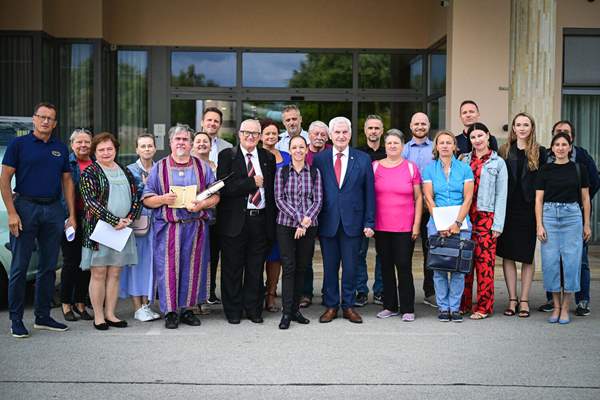
Archival Symposium Enriched Ptuj with Discussions on Heritage and Digitization
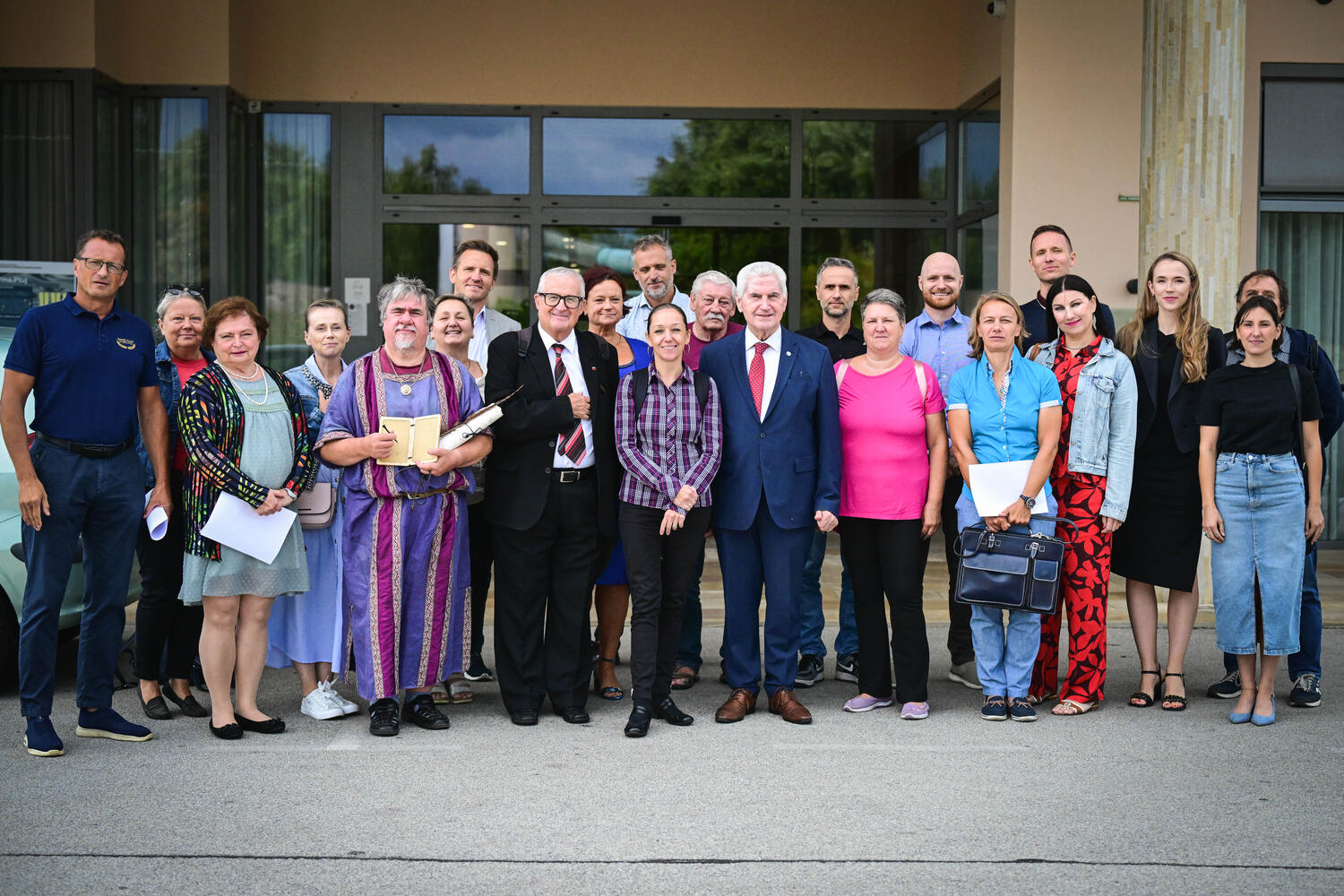
The Department of Archival Studies at Alma Mater Europaea University held the third archival symposium as part of the Roman Games, titled Archival Services in the Roman Empire with a Focus on Poetovio.
The symposium, held on 22 August 2025 in the center of Ptuj, brought together experts and researchers who presented findings from archaeological excavations, analyses of Roman inscriptions, and historical studies highlighting the development of archival activities and the city’s significance during the Roman Empire.
The Importance of Archival Studies and Institutional Collaboration
Rector of Alma Mater Europaea University, Dr. Ludvik Toplak, emphasized that archival studies enable the systematic collection and preservation of documents, which is crucial for understanding the past. The Department of Archival Studies at Alma Mater Europaea currently offers programs at the undergraduate, master’s, and doctoral levels.
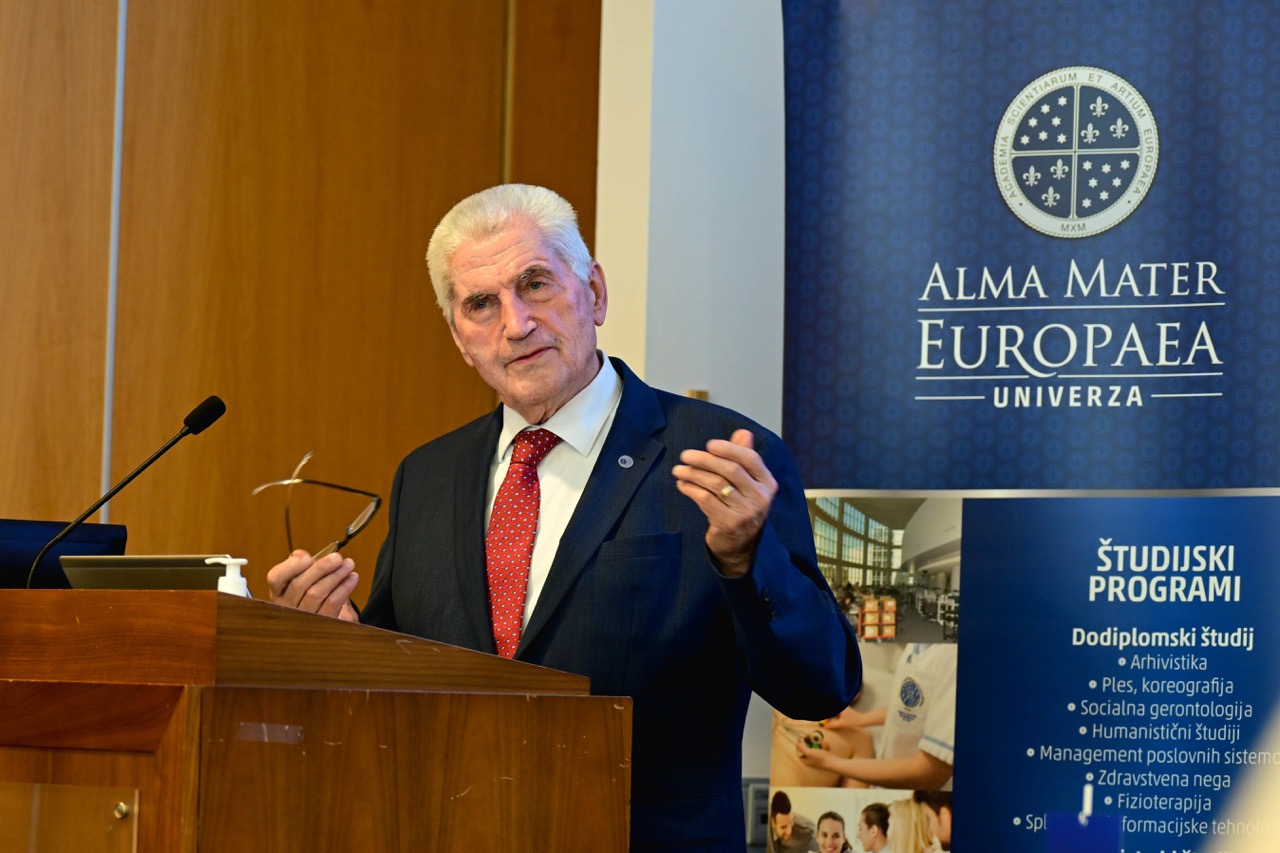
Mayor Nuška Gajšek highlighted that Ptuj, the oldest town in Slovenia, attracts researchers and tourists with its ancient heritage, strengthening its position on the European cultural map. The city hosts over 500 archaeological sites, including remains of public buildings, inscriptions, and monuments.
Andrej Klasinc, president of the Poetovio LXIX Society, noted that the Roman Games include historical reenactments and scientific symposia, enhancing the city’s academic profile.
The Director of the Historical Archive of Ptuj, archival advisor Katja Zupanič, highlighted the importance of cooperation between archives and cultural institutions. As she noted, archives are the guardians of memory, while Ptuj, with its ancient heritage, is a place where science and history naturally intertwine.
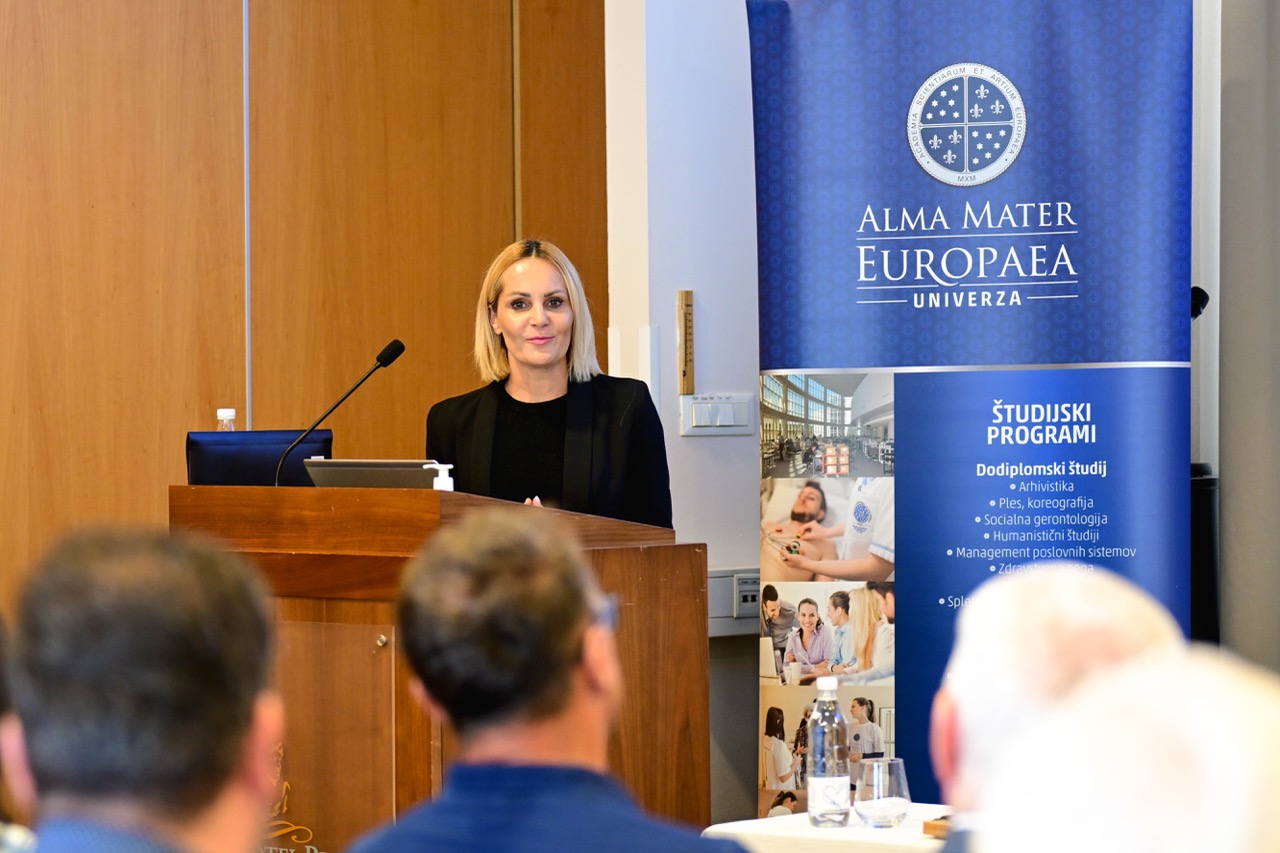
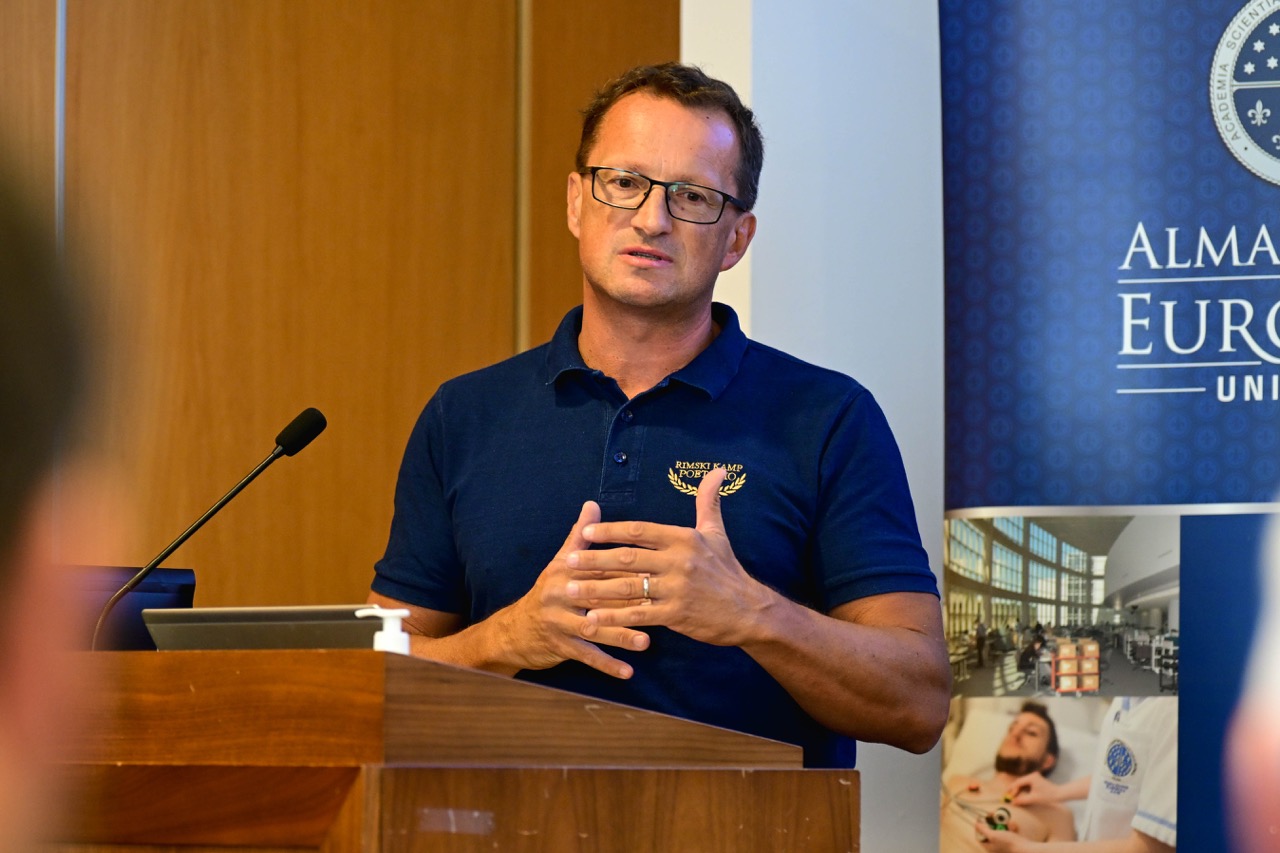
Archival Activities in Ancient Ptuj
Dr. Peter Pavel Klasinc, Head of archival studies at Alma Mater, presented evidence that Poetovio had an independent archival institution, ranking it among the major administrative centers of the Roman Empire.
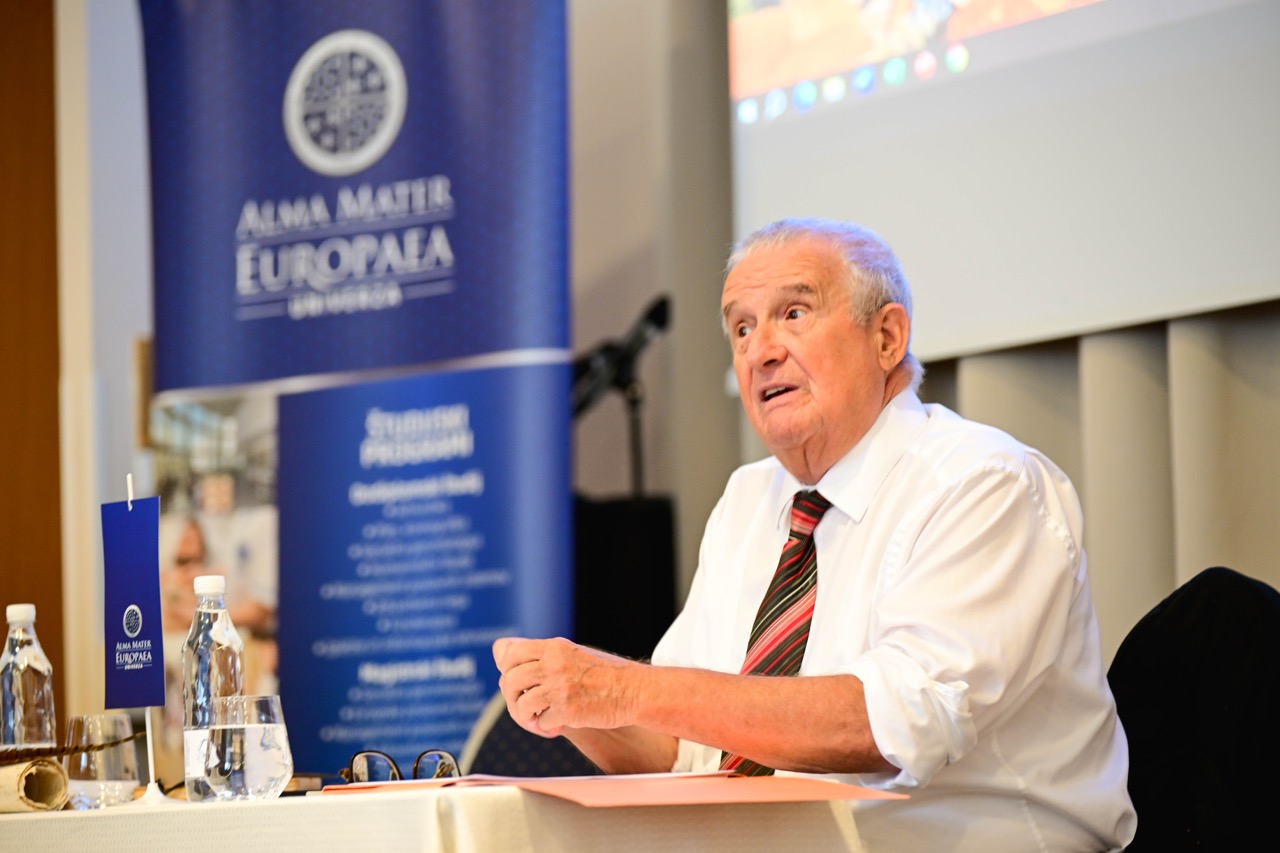
Dr. Julijana Visočnik showcased Roman inscriptions and tablets naming at least 14 archivists, analyzing how these findings illuminate the organization of city offices and daily life. Ptuj stood out as a center of archival and administrative activity compared to other towns in the Eastern Alpine region. Armin Bečić, M.A. in Archival Studies and Documentation, in his lecture titled All Roads Lead to the Archive: Roman Authority through Poetovio, presented how archival services connected local administration with the wider Roman authorities. Even though Ptuj was not a provincial capital, he emphasized that it represented an essential center for managing and recording imperial decisions.
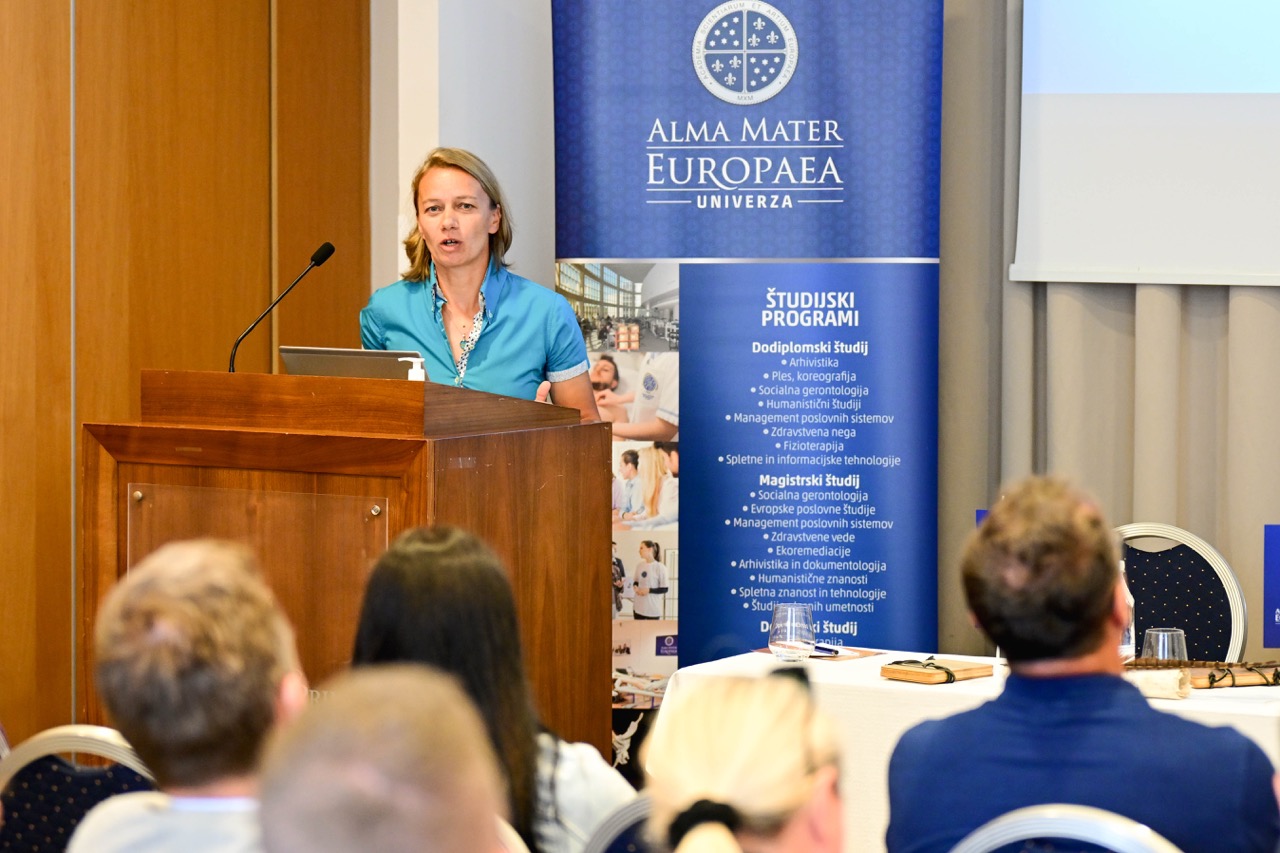
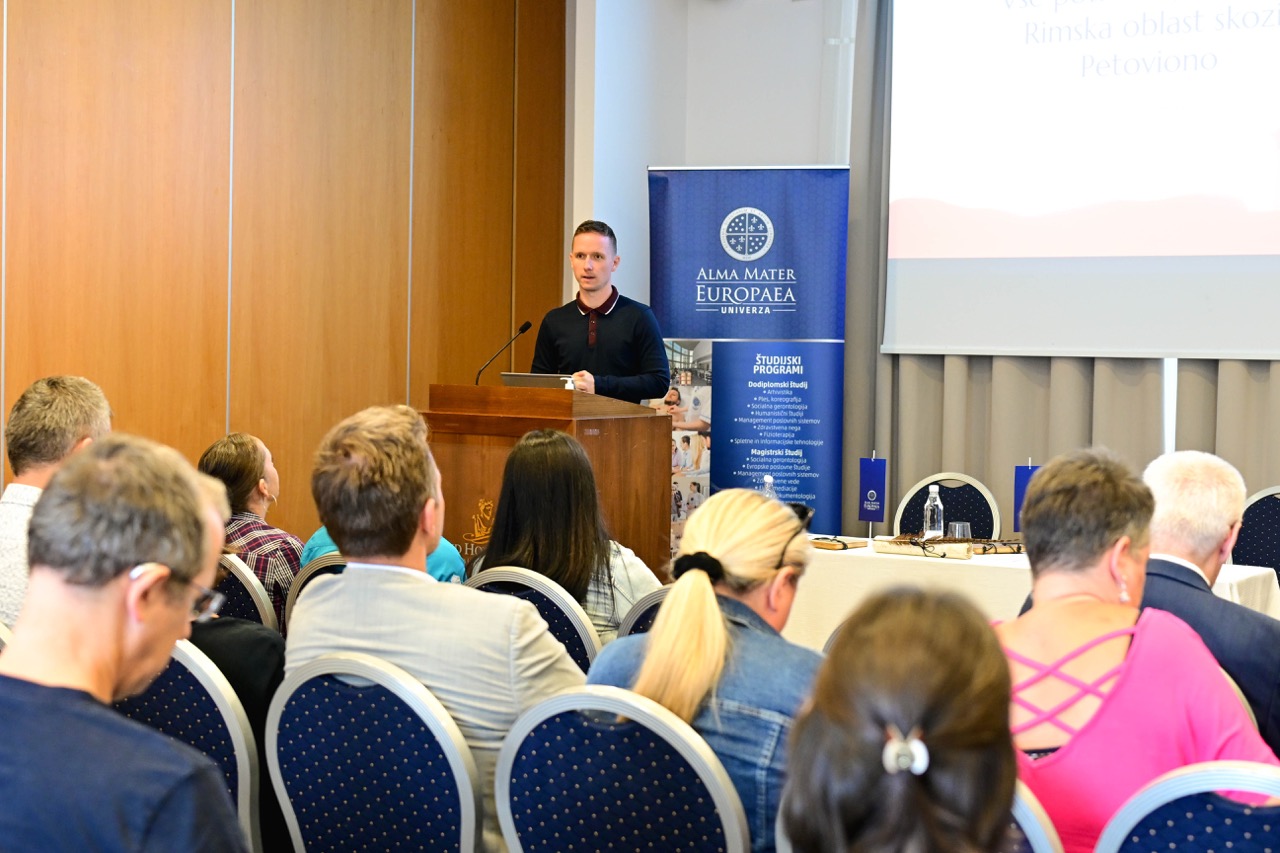
Modern Approaches and Digitization
Dr. Anja Hellmuth Kramberger stressed the need for a unified cataloging system to connect archaeological and archival sources. Marija Hernja Masten presented the concept of a digital historical database that would allow Roman Ptuj to reclaim its place on the European historical map and become accessible to researchers worldwide.
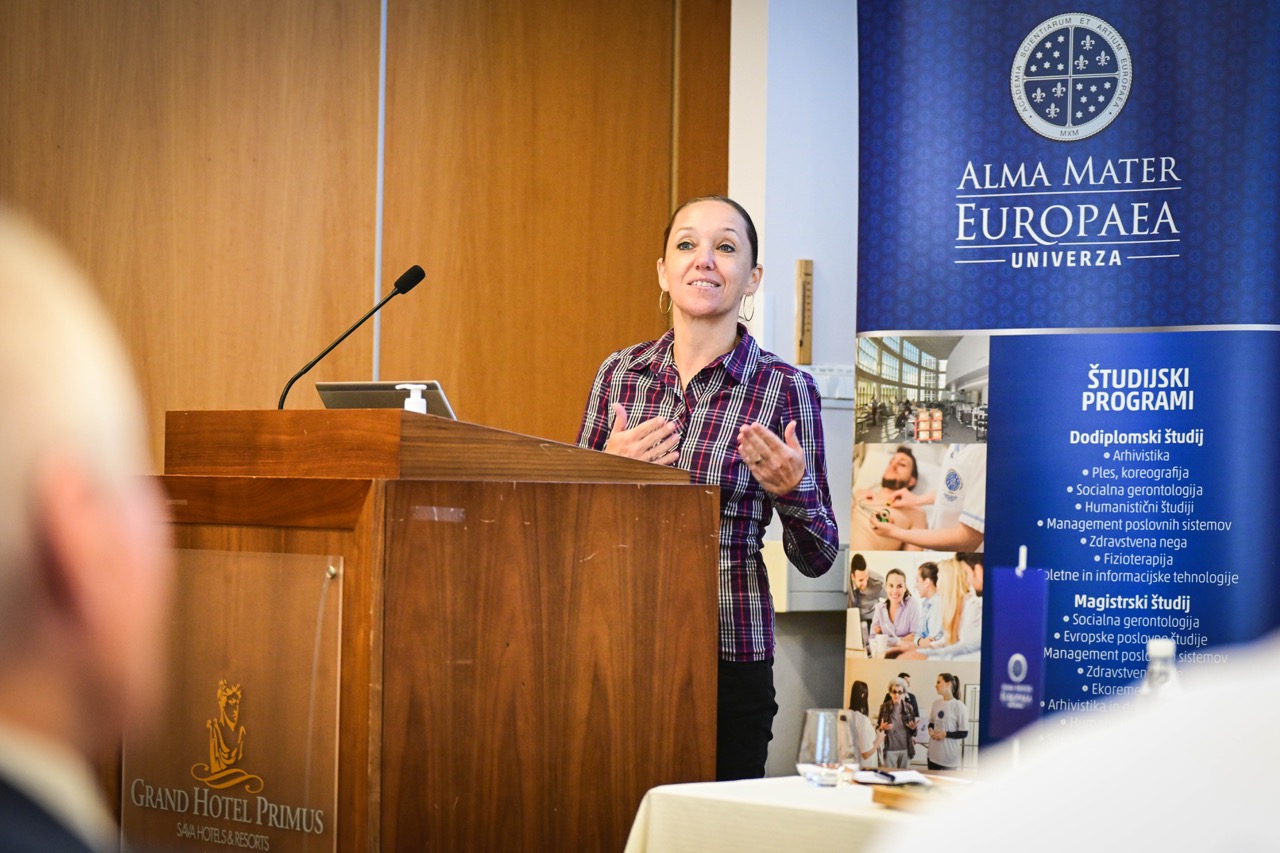
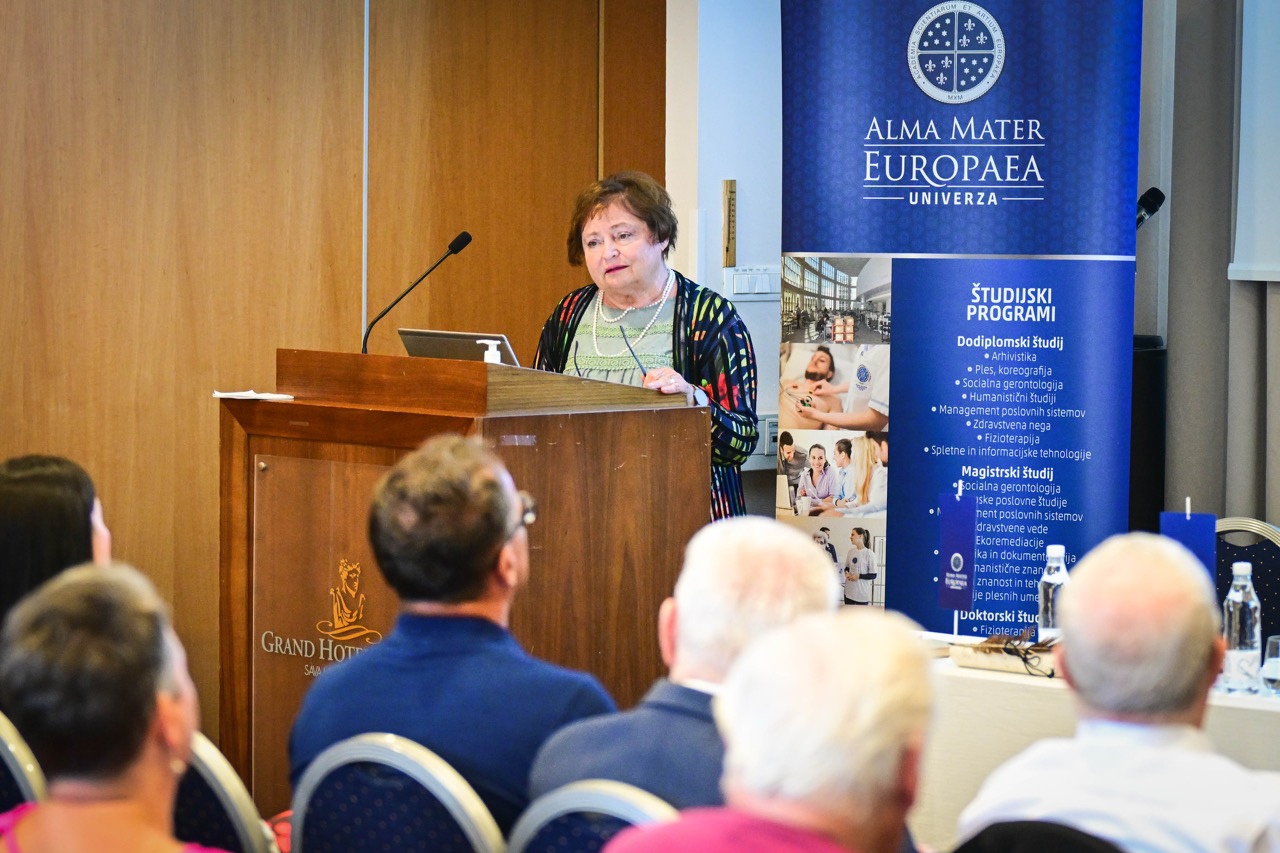
The third archival symposium demonstrated that linking research, cultural heritage, and the local community enables a comprehensive understanding of the past. Ptuj, formerly Poetovio, remains a city that has historically connected science, administration, and trade. Today, modern research and digital tools allow its ancient heritage to be positioned within a broader European and global context.
